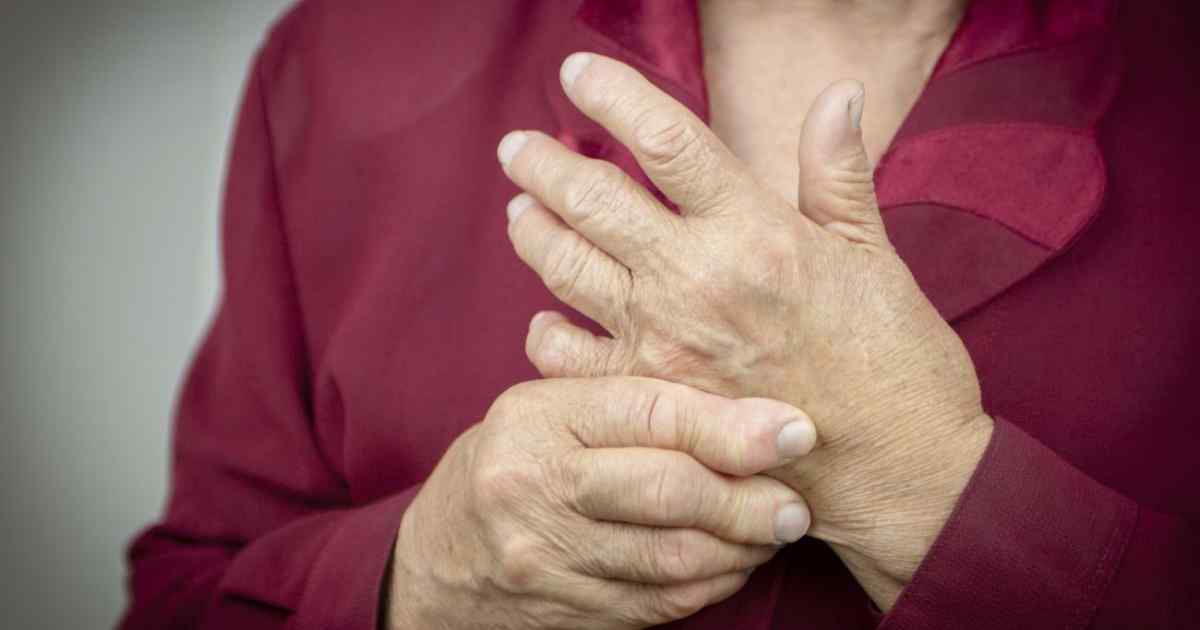According to numerous studies, rheumatoid arthritis disproportionately impacts the elderly population. Fortunately, you can learn everything you need to know about rheumatoid arthritis with a search online, which could help you spot early symptoms.
Rheumatoid arthritis (RA) stands as a prevalent autoimmune disease with various manifestations, including its general form, early-onset RA, and elderly-onset RA, each presenting unique challenges for diagnosis and treatment.
Symptoms of Rheumatoid Arthritis in Seniors
Like most diseases that affect the body’s immune system, RA comes with a long list of potential symptoms. It’s important to be aware that every person experiences this disease differently. Therefore, you can have RA without dealing with every symptom on this list. You could also have different symptoms, so be sure to discuss everything you’re feeling with your doctor.
The common symptoms of RA are:
- Pain, swelling, or stiffness in joints
- The same symptoms on both sides of the body; for example, pain in both knees
- Fever
- Fatigue and weakness
- Weight loss
Many of these symptoms are also present in other medical conditions such as fibromyalgia. You can expect your doctor to order a rheumatoid factor blood test to help him or her differentiate between these diseases.
Causes of Rheumatoid Arthritis in Seniors
Much like many other autoimmune disorders, scientists haven’t yet discovered the specific causes of RA. However, we do know that RA creates an unnecessary immune response that forces the body to attack healthy cells.
The CDC has also published a list of risk factors that can increase your odds of developing RA, including:
- Gender: Women are two to three times more likely to get RA.
- Age: RA is most prevalent in people who are 60 or older.
- Smoking: Anyone who smokes has a higher RA risk. Smokers who get RA also tend to have worse symptoms than non-smokers.
- Obesity: The more a person weighs, the more likely they are to develop RA.
- Genetics: Human leukocyte antigen class II genotypes are linked to a higher risk of RA, along with increased severity of symptoms.
- Childhood Factors: Seniors who were raised by lower-income parents and/or smokers are up to twice as likely to develop RA.
- Not Giving Birth: Some studies suggest that women who don’t give birth have a higher RA risk factor.
Common Rheumatoid Arthritis Treatment Options
As WebMD has pointed out, there are several treatment options for seniors who suffer from RA. The ultimate goal of each treatment is to reduce the potentially disabling side effects of RA by providing pain relief and minimizing inflammation.
NSAIDs to Reduce Pain
Most seniors with RA will initially be treated with at least one non-steroidal anti-inflammatory drug (NSAID). Depending on the severity of the condition, this can range from over-the-counter medications such as naproxen and ibuprofen all the way to high-strength prescription NSAIDs.
DMARDs to Slow Down the Disease
NSAIDs can reduce pain, but they don’t prevent joint damage. Disease-modifying anti-rheumatic drugs (DMARDs) are able to slow the progression of the autoimmune disease.
Senior patients often report great results from DMARDs such as methotrexate. Other DMARDs that are known to provide relief include sulfasalazine, leflunomide, and hydroxychloroquine.
Biologics to Control Inflammation
Biologics can provide an easier life for seniors with RA, but they also make patients much more susceptible to infections. Due to this, doctors typically only turn to biologics when DMARDs aren’t enough to control RA symptoms.
Biologics come in several forms, with Humira and Remicade being among the most commonly prescribed options.
Steroids for Flares
Steroid shots, pills, and creams are an option for severe RA flares. Symptoms such as inflammation and pain are reduced greatly for most senior patients who use steroids on an as-needed basis.
Surgery for Severe Damage
Replacement joint surgery is sometimes an option when a patient’s joints become damaged to the point of causing unbearable pain. The areas of the body that are most prone to responding well to joint replacement surgery include knees, hips, and shoulders. This process can restore joint functionality for an average of 15 to 20 years.
Alternative Treatments for Rheumatoid Arthritis
Seniors don’t have to rely on medication or surgery alone to help them deal with RA. Instead, they can also incorporate alternative treatments that won’t be as hard on their body.
Per WebMD, some of the most successful alternative treatment methods include:
Cognitive Therapy
Learning to deal with pain may seem impossible, but you can learn how to readjust your way of looking at, and reacting to, RA pain. Cognitive therapy and mindfulness practices such as tai chi, meditation, and deep breathing often provide helpful benefits.
Supplements
Some senior RA patients have experienced a reduction in morning stiffness and swelling by taking nutritional supplements, especially fish oil and borage seed oil. Always discuss supplements with your doctor to avoid the risk of a negative interaction with your existing medication.
Cold and Heat Therapy
Alternating cold and hot packs on the affected areas can reduce swelling and inflammation, stimulate blood flow, and relax tense muscles.
Early Treatment Equals Less Pain
Understanding RA is the first step in effectively managing this challenging condition, especially for seniors. From recognizing early symptoms to seeking prompt medical advice and adhering to a tailored treatment plan, proactive measures can make a world of difference.
No one should navigate the complexities of RA alone; a collaborative healthcare team, supportive family and friends, and well-informed self-advocacy are key components in controlling the disease and leading a fulfilling life.
